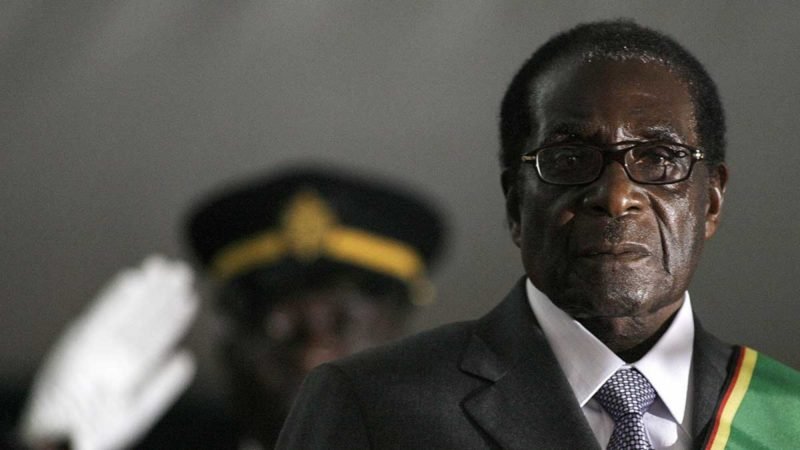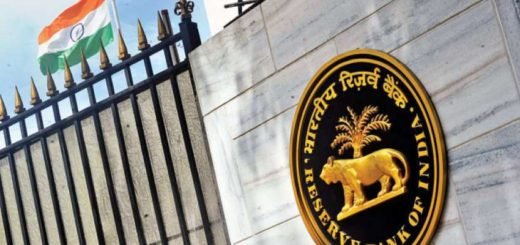Robert Mugabe: Rise & Fall of Strongman

Former Zimbabwean president died in Singapore at the age of 95. There were mixed reactions around the globe, for some he was a messiah, for some another corrupt politician who exploited Zimbabwe to the core.
His tenure saw several remarkable events, but nothing moved him like his own aid, Mnangagwa, who’s known infamously as the crocodile. It was only a year ago Mnangagwa dethroned Mugabe in a bloodless coup.
However, after his demise, Mnangagwa, tweeted an “icon of liberation” had died. He named Mugabe as a national hero, Zimbabwe’s highest posthumous honour.
Mugabe, as a Marxist and populist leader, enjoyed strong support from Zimbabwe’s people soon after he became their first black leader, ousting a white-led government that had proclaimed independence from British colonial rule in 1965.
Mugabe was rebellious throughout his life, railing against the West for what he called its neo-colonialist attitude and urged Africans to take control of their resources — a populist message that was often a hit, even as many nations on the continent shed the strongman model and moved toward democracy.
Even as old age took its toll and opposition to his rule increased, he refused to step down until the pressure became unbearable in 2017 as his former allies in the ruling party accused him of grooming his wife, Grace, to take over — ahead of long-serving loyalists such as Mnangagwa, who was fired in November 2017 before returning to take over with the help of the military.
After the fighting between black guerrillas and the white rulers of Rhodesia, as Zimbabwe was then known, ended, Mugabe reached out to whites. Mugabe as a self-declared Marxist stressed the need for education and built new schools. Mining and tourism flourished, and Zimbabwe became the regional breadbasket.
However, a brutal military campaign waged against an uprising in western Matabeleland province that ended in 1987 augured a bitter turn in Zimbabwe’s fortunes. As the years went by, Mugabe was widely accused of hanging onto power through violence and vote scam, notably in a 2008 election that led to a troubled coalition government after regional mediators intervened.
“I have many degrees in violence,” Mugabe once boasted on a campaign trail, raising his fist. “You see this fist, it can smash your face.”
Mugabe was re-elected in 2013 in another ballot marred by alleged irregularities, though he dismissed his critics as offended losers.
Amid the political turmoil, the economy of Zimbabwe, traditionally rich in agriculture and minerals, deteriorated. Factories were closing, unemployment was rising and the country abandoned its currency for the U.S. dollar in 2009 because of hyperinflation.
The economic problems are often traced to the violent seizures of thousands of white-owned farms that began around 2000. Land reform was supposed to take much of the country’s most fertile land — owned by about 4,500 white descendants of mainly British and South African colonial-era settlers — and redistribute it to poor blacks. Instead, Mugabe gave prime farms to ruling party leaders, party loyalists, security chiefs, relatives and cronies.
Zimbabwe’s main opposition leader, Nelson Chamisa, said he was “mourning with the rest of Africa” over the death of Mugabe in the African tradition of Ubuntu, or humanity toward others, calling him one of Zimbabwe’s founding fathers and a freedom fighter.
However, Chamisa, who leads the Movement for Democratic Change, also acknowledged the pain over “decades of political disputes” surrounding his governance.
“Memories go to the deficits of governance, goes to the issue of the human rights situation in the country, goes to the collapse of systems,” he said.
Amnesty International said Mugabe left behind “an indelible stain on his country’s human rights record.” Mugabe’s early years as a leader saw “notable achievements” through his heavy investment in health care and education, the human rights group said, but he later eroded his track record.
“While casting himself as the saviour of Zimbabwe, Robert Mugabe inflicted lasting damage upon its people and its reputation,” Muleya Mwananyanda, Amnesty International’s Deputy Regional Director for Southern Africa, said.
Mugabe was born on Feb. 21, 1924, in Zvimba, 60 kilometres (40 miles) west of the capital of Harare. As a child, he tended his grandfather’s cattle and goats, fished for bream in muddy water holes, played football and “boxed a lot,” as he recalled later.
Mugabe lacked the easy charisma of Nelson Mandela, the anti-apartheid leader and contemporary who became South Africa’s first black president in 1994 after reconciling with its former white rulers. But he drew admirers in some quarters for taking a hard line with the West, and he could be disarming despite his sometimes harsh demeanour.


















